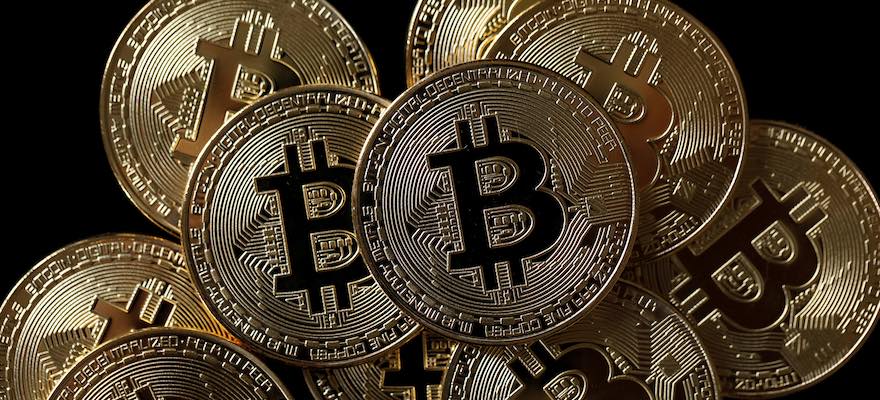The Bank of America (BOA), one of the largest banks in the world, published a research note about Bitcoin recently. The bank mentioned that the world’s largest cryptocurrency is extremely sensitive to increased dollar demand.
According to a report published by Bloomberg, BOA strategists including Francisco Blanch and Savita Subramanian believe that around $93 million inflows are needed in Bitcoin to move the price of the cryptocurrency by 1%.
“Bitcoin is extremely sensitive to increased dollar demand. We estimate a net inflow into Bitcoin of just $93 million would result in a price appreciation of 1%, while the similar figure for gold would be closer to $2 billion or 20 times higher. In contrast, the same analysis for the 20-year-plus Treasuries shows that multibillion money flows do not have a significant impact on price, pointing to the much larger and stable nature of the US Treasuries markets,” the research note states.
The Bank of America is not the only bank releasing reports on Bitcoin and other cryptocurrency assets. JPMorgan, the US-based investment bank, recently released a report on Bitcoin and mentioned that investors can allocate nearly 1% of their portfolios to digital currencies.
Bitcoin and Gold
Global investors consider Bitcoin as an alternative to gold, but the current market cap of the world’s largest digital currency is way lower than the total market cap of mined gold. JPMorgan’s strategist, Nikolaos Panigirtzoglou mentioned in a research note recently that BTC’s liquidity is much lower than gold and S&P 500. Goldman Sachs, one of the leading investment banks in the world, mentioned in December that the surge in Bitcoin is not a threat to gold.
“We do not see Bitcoin’s rising popularity as an existential threat to gold’s status as the currency of last resort. We do not see evidence that Bitcoin’s rally is cannibalizing gold’s bull market and believe the two can coexist,” Goldman Sachs’ research note mentioned in December 2020.
BTC is currently trading near $58,000 with a total market cap of $1.09 trillion.


















